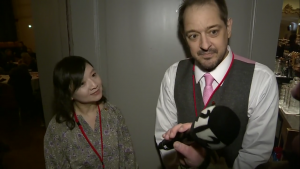Welcoming in the Reiwa era and the new President of Shane, Ishitani Yuya, Shane Workers’ Union are pleased to sign a Labour Management Agreement in what is hoped to be a new phase of improved relations between the Union and the Company.
The agreement guarantees the working conditions of union members and agrees to use Company paperwork when converting to permanent employment.
The agreement also defines a set of rules for collective bargaining which lays the groundwork for improved negotiations and a more timely and forthcoming approach from management.
While some issues remain unresolved, notably the official labour dispute and charges of unfair labour practices against union members, this agreement is a very positive step forward and the Union believes it is only a matter of time before a suitable settlement is negotiated and normal labour-management relations restored.

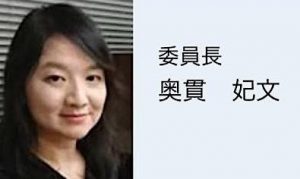
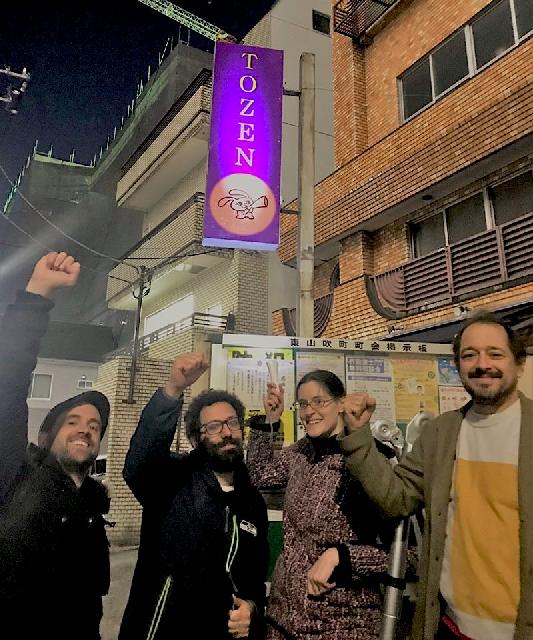
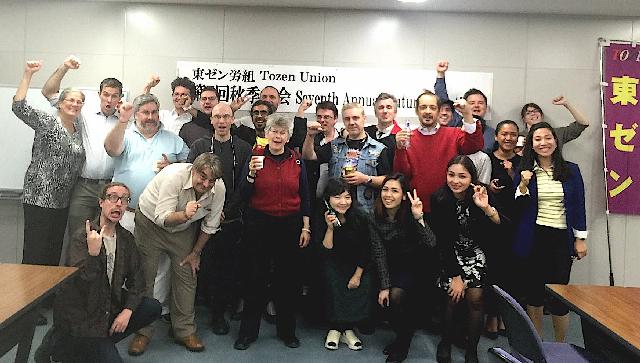


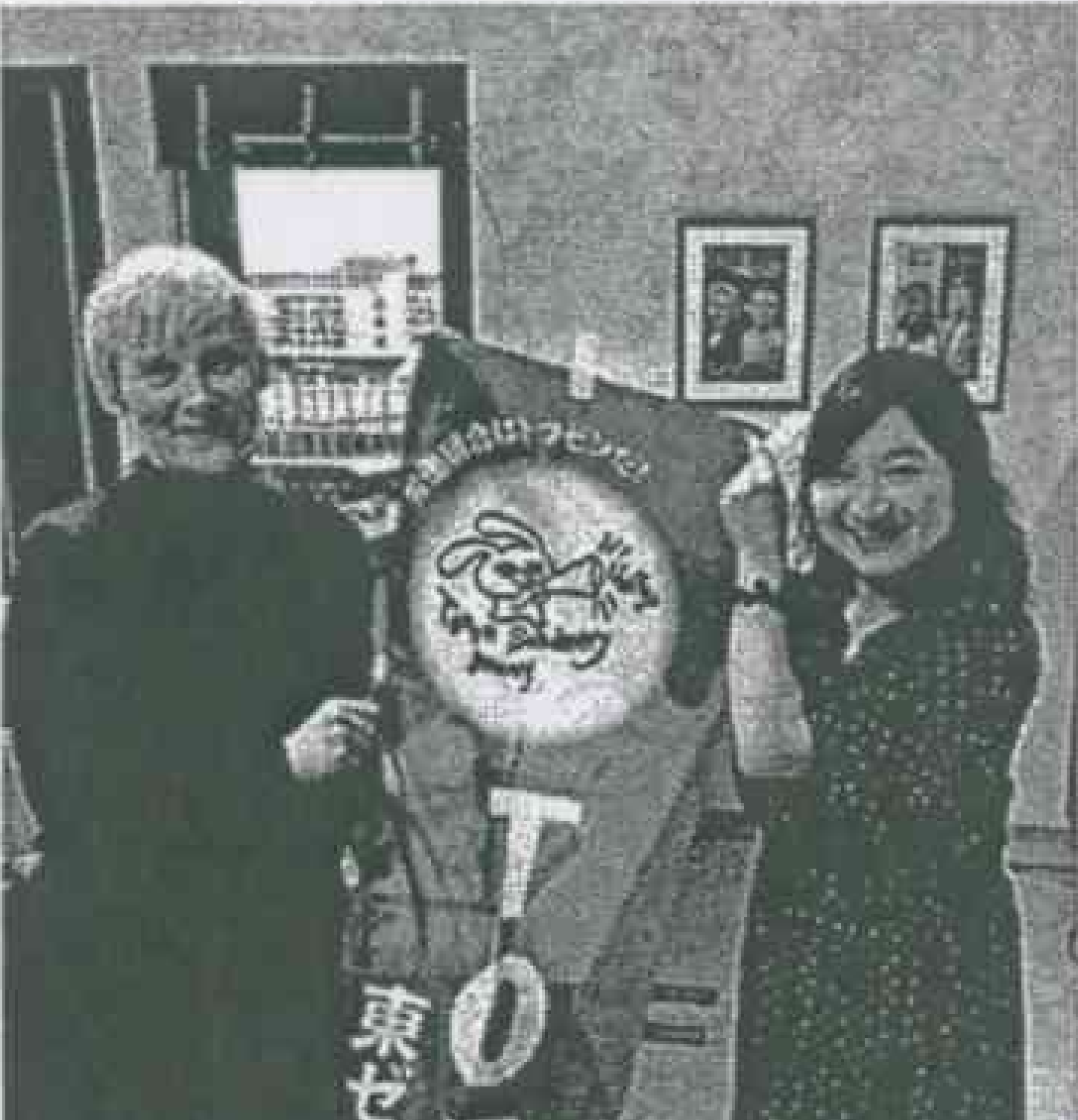
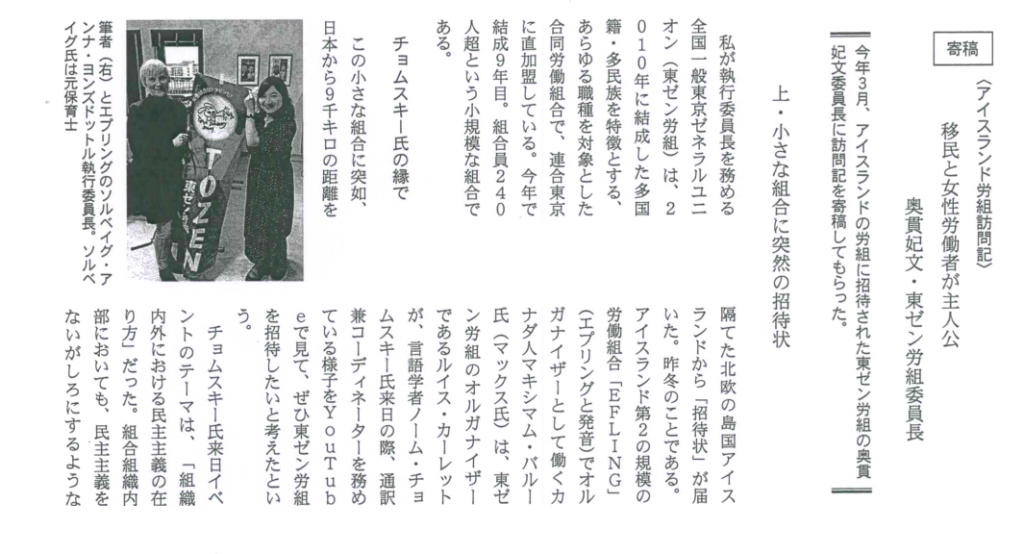
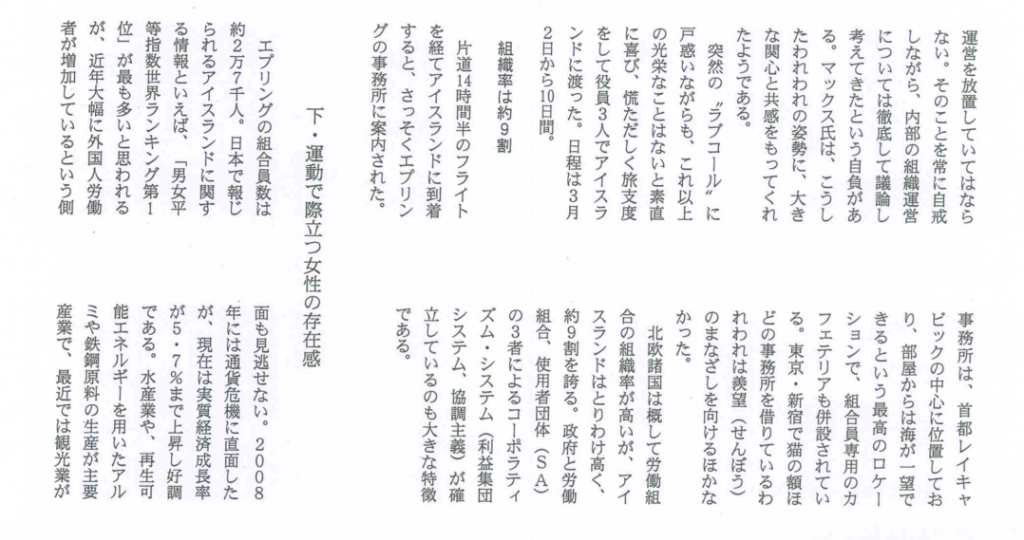
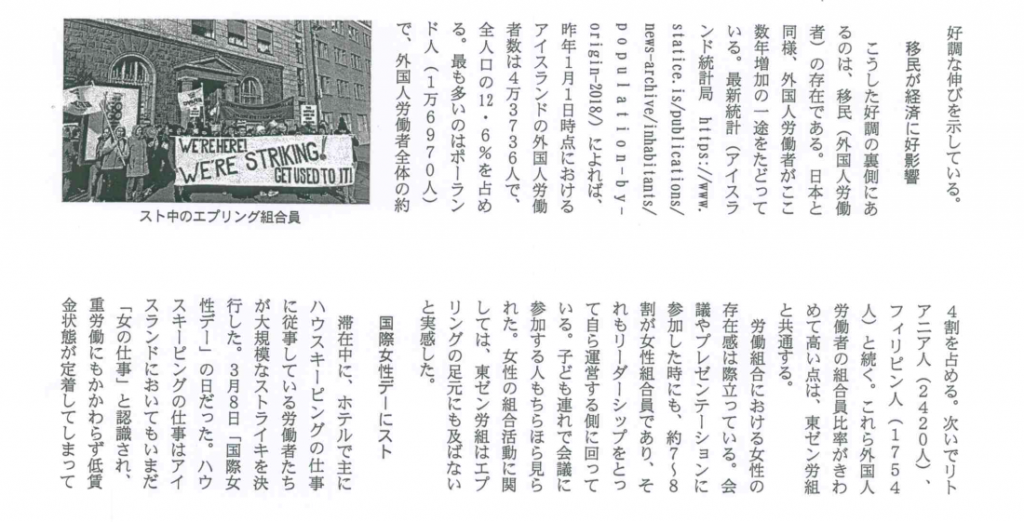

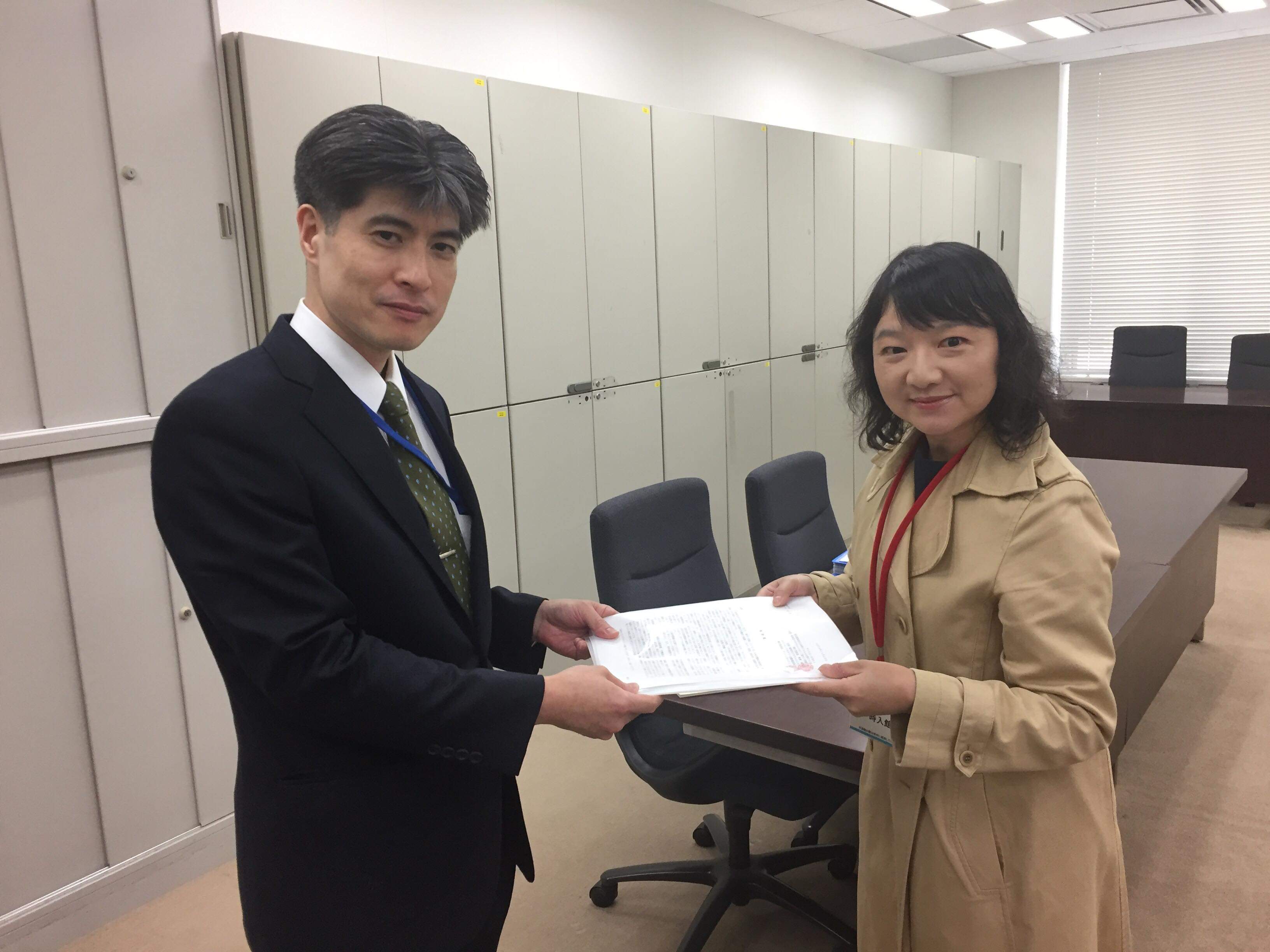
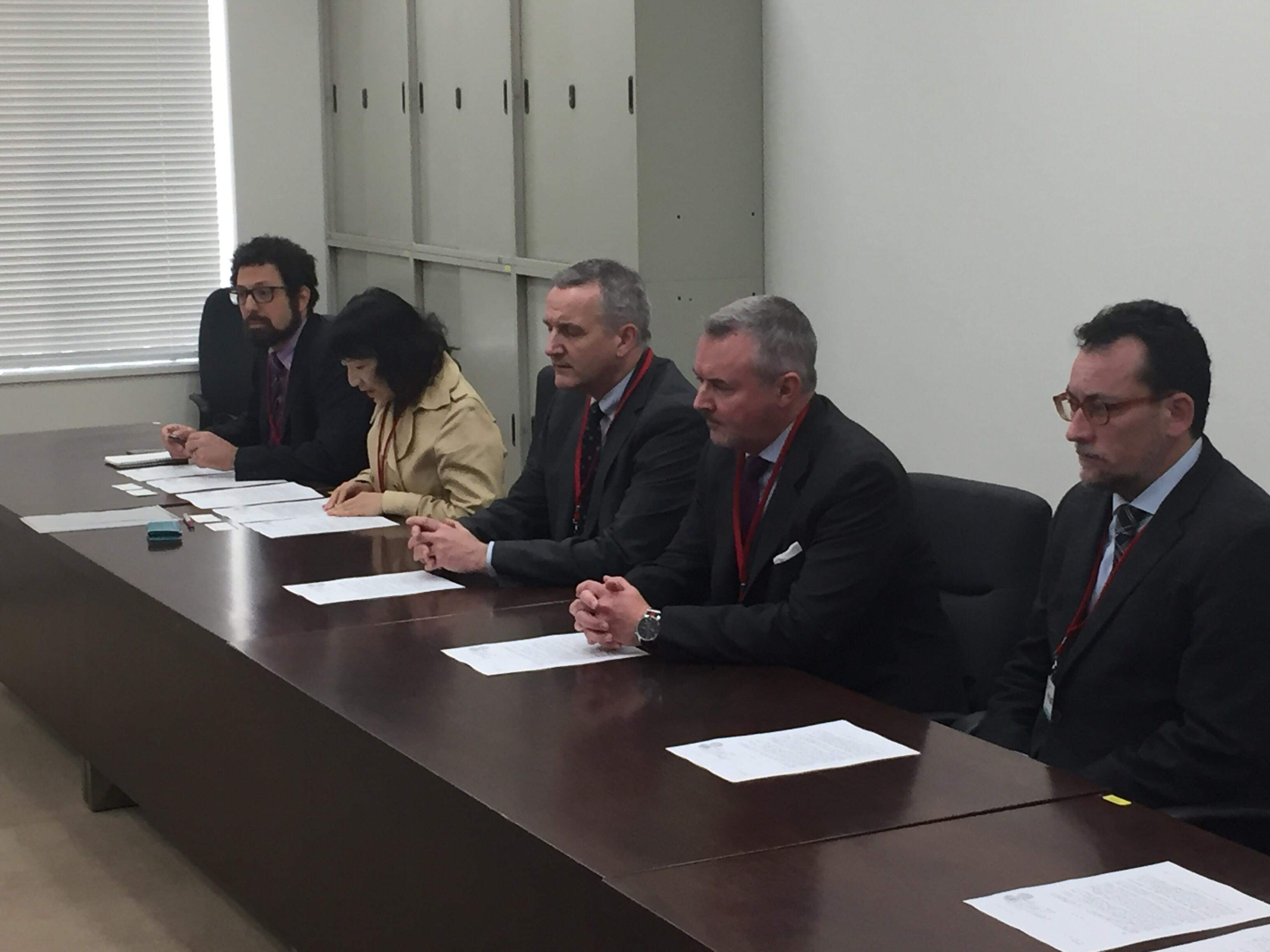
 immigrants in Japan are struggling with similar problems as in Iceland.
immigrants in Japan are struggling with similar problems as in Iceland.